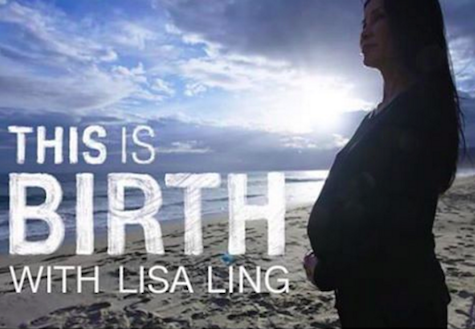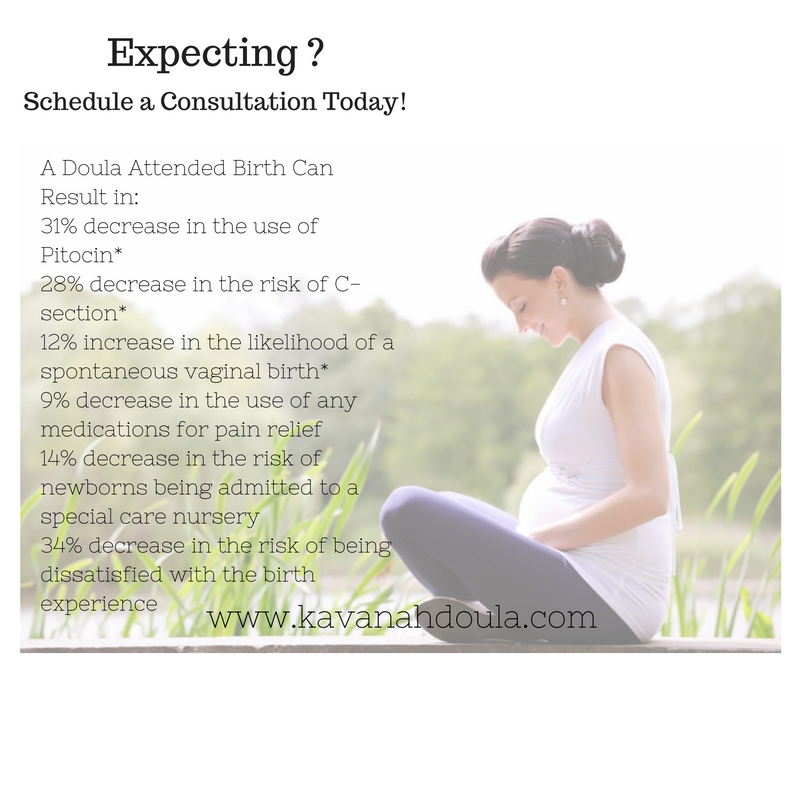|
Our job as doulas is to provide evidence-based information to families who seek us out to support their births. We're supposed to be a blank canvas, a person without judgement about the "right" or "wrong" ways to give birth, because there is no right or wrong way to birth. Because each birth is the "right" birth for the person who gives birth, even if it doesn't go as planned.
But we would be lying to ourselves and our the families that we serve if we presumed to lack an opinion about birth. I think it has to do with our personal preferences for our own births, especially doulas who have given birth themselves. And for doulas like me who hope to one day give birth to living children, I have an idea about the kind of birth I imagine myself to have. So when documentaries come out about birth and about the state of maternal health in our country doulas and birth workers tend to seek them out, study them (and study them again) to make sure that they're giving good information based on the latest evidence about birth. I watched this Lisa Ling special about birth today and I will continue to watch it over and again to tease out information I think is useful for my families. What I do enjoy about this documentary, based solely on my initial viewing, is that it looks at birth from all angles; it tackles racial disparities in maternal health for black people vs. white people, it looks at infertility and how it affects people and families, it looks at surrogacy and it looks at birth by cesarean. And while it would seem that Lisa is coming at it in a sort of biased, wagging a finger way, it's not that way at all. Instead it gives you a glimpse into real scenarios for a majority of families who have babies. Click here to check it out!
0 Comments
I'll admit it, "Doula" is sort of a buzz word in birth now. Almost as common as "When's your due date?" is "Do you have a doula?" For some a doula seems like a bit of extravagance, an expensive accessory for the rich. And for others a doula is something that only hippie-dippy folks have.
Both can be true, and more. Ill give you an example. I have a friend, let's call her Chana. She's a Type-A, badass lawyer. She's no nonsense and gives the best side eye of anyone on the planet. Period. When I told her that I wanted to move to the country to raise chickens I never thought I'd see her eyes again, she rolled them so hard. So when she got pregnant and asked for my help finding a doula I was shocked. And when I got an email from her of her requests I understood she was one of those people who wanted the support, but none of the other "hippie" things. She had no problem with pain meds, she wasn't going to try to do something natural if she couldn't handle it and wanted a doula who understood that. She just had her second baby with her second no-nonsense doula. While having a doula may seem like a new thing, it's actually quite old, as old as it's Greek name, perhaps older. When people gave birth they would be traditionally and historically be joined by family. Grandmothers, sisters, aunts, cousins and close friends would join the birthing person, in many cases the birthing woman to give her the support she needed to bring her baby earthside based only on experience and instincts. As birth moved away from the home and into the hospital this tradition was lost, when we need it the most. And with hospital schedules that work on rotations and shifts giving birth can be a sea of unfamiliar faces. A doula is sometimes the only constant. I've heard snide comments that doulas don't really stay for the entire birth, especially for long labors and I can say, in my personal experience as a doula, that I've never left a mother's side. The one exception was when my sister passed away during a birth. I've spent multiple evenings in hospitals, and my longest was just over 50 hours. Check out this informational page over on Evidence Based Birth for more ways that Doulas can help in a birth.  Back in March the American Journal of Obstetrics and Gynecology released q study that confirmed what a lot of midwives and doulas (and yes many OBGYNs) have been saying for a while. Pregnant people need more time to push. In fact, the study proved that if women and pregnant people were given as little as one extra hour to push their rates of unplanned C-Section went down by roughly half. HALF!
According to the Huffington Post article about the study, while this information has he potential to radically change how people give birth in the U.S, it may not actually amount to concrete change. Author Catherine Pearson writes, while the study is small, it's "unlikely to fundamentally change medical norms any time soon, researchers say it offers a much-needed critique of potentially outdated standards." Just how outdated are the standards you may ask, well the allotted time a woman is "allowed" to push was adopted in the late 1800s. “[The time recommendation] came from expert opinion from the 1800s,” said Dr. Alexis Gimovsky, a fellow in maternal fetal medicine at Thomas Jefferson University in Pennsylvania, and an author on the study. “Since then, there’s really only been retrospective data used to validate that guideline.” In the 1950s, researchers looked over earlier data and found that women who delivered their babies within two hours had lower rates of infection and serious postpartum bleeding, for example. In 1955, another team concluded that most women without anesthesia give birth within two hours." So what does this all mean? In my opinion it goes back to the idea of B.R.A.I.N, being armed with knowledge, and being confident that your body knows how to give birth. As a review B.R.A.I.N is an acronym I suggest pregnant folks and couples start to using during prenatal appointments with your caregiver.Using it early on in pregnancy and frequently helps you get accustomed to the process of coming to your care provider with questions and being ready with responses that are best for you and your baby. Frequently using B.R.A.I.N also is great so that when something is suggested during labor, you're ready to ask: B: Benefits - What are the benefits of doing this? R: Risk -What are the risks of doing this? A: Alternatives -What alternatives do we have? I: Intuition/Instinct - What's your gut say? N: Nothing - What happens if we do nothing? I will close by saying that there are many reasons that birth visions fall off track and interventions and potential c-sections are how some babies are born. I like to say that there is no "right" or "wrong" way to give birth. And this evidence-based information about not rushing into pushing and giving you, the person giving birth, time to ease into pushing and to let pushing happen can result in the birth you vision. |
Details
AuthorHi there! I'm Erika Davis and I'm a doula working in the Seattle and South Puget Sound area. Archives
December 2018
Categories
All
|


 RSS Feed
RSS Feed